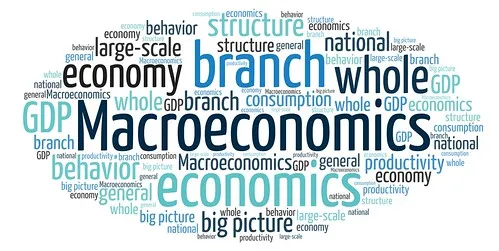Introduction
I have heard this term being mentioned in conversations among some economists. I've been reading up on it a bit. The approach this umbrella term refers to seems to describe what has been going on in the post 2008 financial crisis world to a certain extent. I recall having it being mentioned in a conversation between Raoul Pal and a guest on the RealVision channel on YT where it was mentioned that the massive influx of central bank money into the markets is like the introduction of MMT through the back door.
What is MMT?
The proponents of MMT argue that currency should be a a public monopoly and that, if I've understood this correctly, that the government should not care about deficits but print all the money it needs to fund its programs. What that sounds like is the disappearance of the difference between fiscal and monetary policy. According to the MMT, the goal of the money printing would be to eliminate unemployment and the only limiting factor to the money printing should be inflation. If full employment is reached and inflation starts picking up, taxes can be raised to reduce spending on the private sector in order to cool down the economy.
What I like about it
What I like about this is that this type of approach could allow for a considerable reduction in taxation. Most taxes could be done away with entirely. That would be a huge relief because calculating one's tax obligations can be burdensome if one has any significant sources of unconventional income outside of a 5 to 9 job.
What I don't like about it
What I don't like about it is the assumption of a greater role by the governments and central banks. What I'm skeptical of is whether the government is really capable of managing the distribution aspect correctly. What I've seen makes me suspect that. What I find essential to the success of government sponsored programs is the minimal involvement of the government apart from the initial distribution. Let the recipients decide for themselves what they spend the money on.
Also, what does it mean when it is said that in MMT money is seen as a public monopoly? We already have legal tender laws, and whether we like it or not, cryptocurrencies are not exactly money but digital assets. The cannot be used for paying taxes or fines and no one or no entity is obliged to accept them as repayment of debt as a precondition for the justice system to help in collecting said debt or nor does any entity have an obligation to use them as the unit of account.
Conclusion
MMT is not mainstream macroeconomic theory. But it seems that elements of it describe what's going on increasingly accurately. Money printing to cover very large government deficits is done across the world. Not only are interest rates kept down but few governments are in a position to balance their budgets by raising taxes, either. The private sector would be crushed either way. What we're looking at is a very unusual situation.
